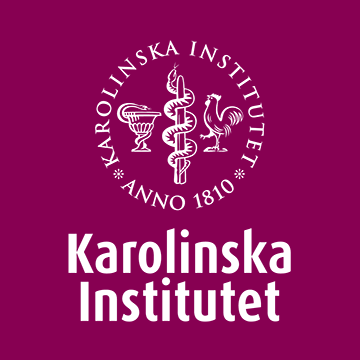Researchers at the USDA/ARS Children’s Nutrition Research Center at Baylor College of Medicine and Texas Children’s Hospital have received a one-year grant from the National Heart, Lung and Blood Institute to expand and study the efficacy of “Healthy Dads, Healthy Kids,” a program aimed to help fathers lose weight while influencing healthy behaviors in their children. This grant is a collaboration with the Texas Children’s Health Plan and the YMCA of Greater Houston.
Developed and tested by researchers at the University of Newcastle in Australia, the program illustrates that fathers are an important target to promote healthy weight in their children, which in turn helps them to focus on healthy weight for themselves. Researchers at Baylor and Texas Children’s culturally adapted the program for Hispanic fathers and children in Houston.
“Healthy Dads, Healthy Kids,” or “Papa’s Saludables, Niños Saludables,” was tested for feasibility in randomized control trial among 36 Hispanic families whose children were Texas Children’s Health Plan members. Their previous research findings were published in three journals, the International Journal of Behavioral Nutrition and Physical Activity, Childhood Obesity, and the Journal of Nutrition Education and Behavior.
“We have been working on engaging with the Hispanic community in Houston on efforts for obesity prevention for kids, knowing that Hispanic children carry a greater burden for obesity than other children,” said Dr. Teresia O’Connor, associate professor of pediatrics – nutrition at Baylor and Texas Children’s. “Hispanics also represent a very large proportion of our population in the Greater Houston area, making up over 40 percent of the population.”
With input from a panel of local Hispanic parents, through focus groups, interviews and working with experts from across the country, the research team adapted the program to be more relevant and engaging for Hispanic families. Cultural values such as familism, respect and collectivism were emphasized. The program material was changed to reflect popular food and games among Hispanic families in this region and to align with the U.S. recommendations for physical activity, dietary intake and screen media use for men and children. Through the weekly program, fathers and children learned about different nutrition-related topics, the important role of fathers in their children’s lives, parenting, and how to form a stronger connection with each other. Fathers and children separated to learn about the same topics with age-appropriate approaches. The fathers and their children then participated in the sports club portion of the program, which consisted of three primary components:
- Rough and tumble play: fathers and children played fun wrestling games together.
- Sports skill development: fundamental movement skills for children and teaching fathers how to help their children learn those skills, such as throwing, catching, kicking and batting.
- Fun fitness: fitness games that offered a lot of movement for children and their fathers.
“These activities allowed fathers and children to spend quality time together and form a strong bond with one another,” said Alicia Beltran, research dietitian at Baylor.
The physical activities encouraged fathers and their children to have fun while incorporating movement and challenging games that they could also play at home. The researchers plan to incorporate similar activities through this clinical trial. Partnership with the YMCA of Greater Houston offers a venue to deliver the program, and partnership with Texas Children’s Plan provides access to over 80,000 Hispanic children between the ages of 5-11.
“Dads, kids and moms all consistently said that the bond between the child and the father improved and changed after taking part in this program. If dads and kids can engage in healthier eating, being more active and spending less time in front of screens in building their bond together, that has a big potential impact,” O’Connor said. “It’s important to not just deliver important content, but also to make it fun while playing games and letting dads and kids have a chance to relax and enjoy themselves.”
If the Baylor investigators meet the milestones in the first year, NHLBI will continue their funding of the study for another four years.








